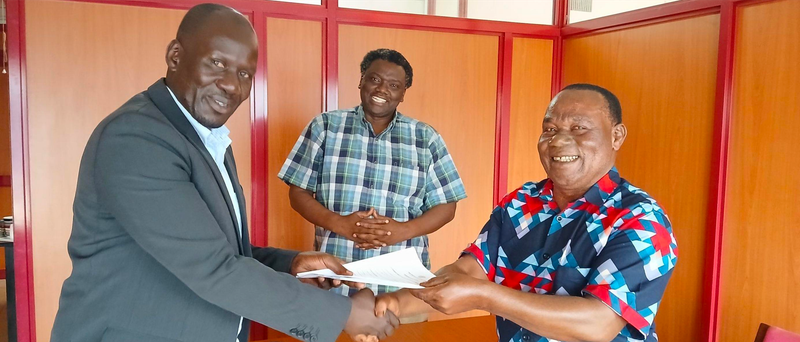
Simon Opoka, the Democratic Party (DP) National Vice Chairperson, is considering a shift to the Uganda People’s Congress (UPC) as he eyes the Laroo-Pece Division Parliamentary seat in Gulu City. His move is fueled by growing frustration over what he claims are intentional delays by the DP leadership in officially endorsing his candidacy, despite meeting all the necessary requirements.
Speaking to the press over the weekend, Opoka confirmed he had already held discussions with UPC officials, who expressed willingness to back him should DP fail to approve his candidacy within the week. He said he is now open to forming alliances with ideologically aligned parties that won’t field candidates against him in Laroo-Pece.
Opoka emphasized that his engagement with UPC was lawful and designed to gauge whether other political actors were being consulted beyond DP President General Norbert Mao. He noted it also aimed to explore possibilities for “cooperation agreements that are inclusive and open to Ugandans.”
This development comes amid swirling speculation that Mao, who also serves as the Minister of Justice and Constitutional Affairs, is positioning himself for the same parliamentary seat—a move that has sparked tensions within the party’s local structures in Gulu City.
Opoka criticized the existing cooperation agreement between DP and the ruling National Resistance Movement (NRM), signed in July 2022, suggesting it lacks institutional transparency. “In DP, public knowledge has it that it is a discussion between Norbert Mao and President Museveni as individuals and two of them and we would not like to be held hostage as the Democratic Party,” said Opoka.
Gerald Siranda, DP’s Secretary General, acknowledged the party was aware of Opoka’s recent interactions with the UPC leadership, referencing a reported meeting with the UPC Secretary General earlier this month. He noted that the party is closely observing whether UPC will go ahead with nominating Opoka.
While Siranda did not confirm or deny Mao’s interest in the Laroo-Pece seat, he stated that DP, after withdrawing from the presidential race, is now prioritizing parliamentary contests nationwide. He clarified that candidate endorsements are not solely decided by the party headquarters, but also require grassroots consultations through regional party structures.
Efforts to reach Fred Ebil, UPC’s Secretary General, for comment were unsuccessful by press time.
Analyst's Perspective
Arthur Owor, a political analyst and Director at the Center for African Research, believes the political contest unfolding in Gulu City, especially the rumors surrounding Mao’s candidacy could reshape the Acholi sub-region’s political landscape ahead of the 2026 elections.
Owor remarked that Mao remains a respected figure within and beyond DP, given his longstanding influence and political stature in northern Uganda. “Mao is a born leader and he has the qualities of a leader as well and of course, he's an outspoken voice in the Acholi Sub-region and one of those lone voices still left. And if he's to stand, I'm very sure none would actually outsmart him, would take him out of that seat,” said Owor.
He further argued that Mao’s political maneuvers, including his agreement with the NRM, point to a broader strategy. “Mao’s interests are tied to ideas of transition, governance, and state reform. So, if he contests in Laroo-Pece, it’s not just about a parliamentary seat but about asserting relevance and shaping the next phase of Uganda’s political transition.” He said.
Since Mao signed the DP-NRM cooperation pact in July 2022, internal stability within the Democratic Party has been increasingly tested. While the agreement was initially presented as a step toward fostering national cohesion and dialogue, critics within the party argue it has undermined DP’s independence and weakened its role as a viable opposition force.
URN

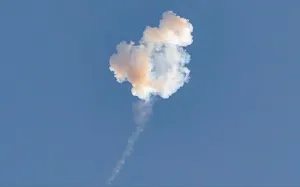
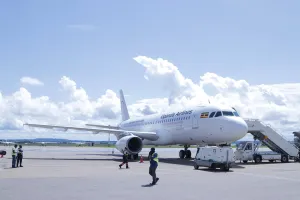
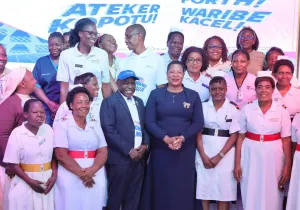
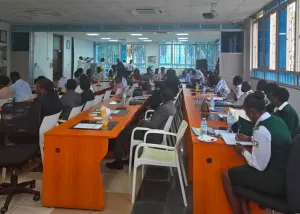
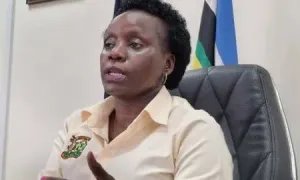





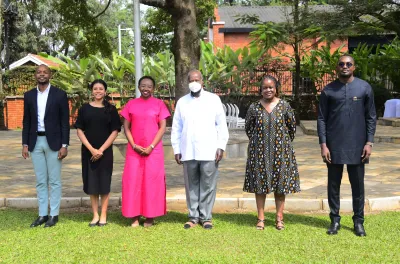
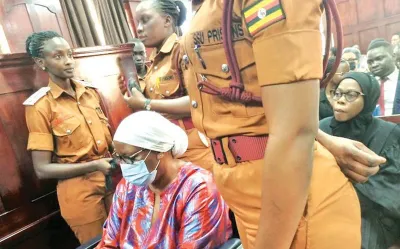
Jason Olinga
Leave a Comment
Your email address will not be published.